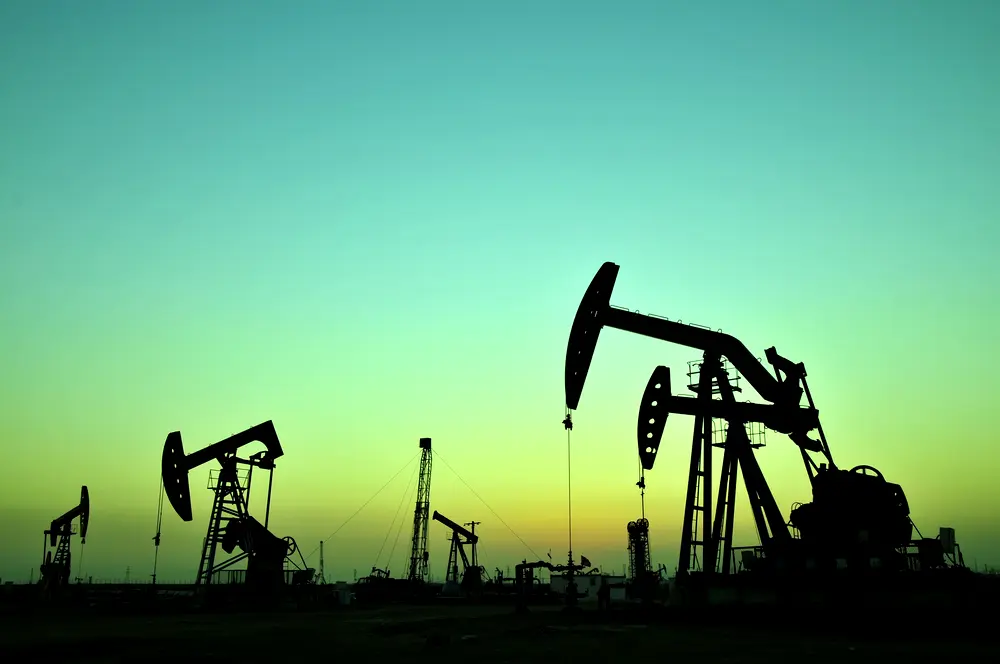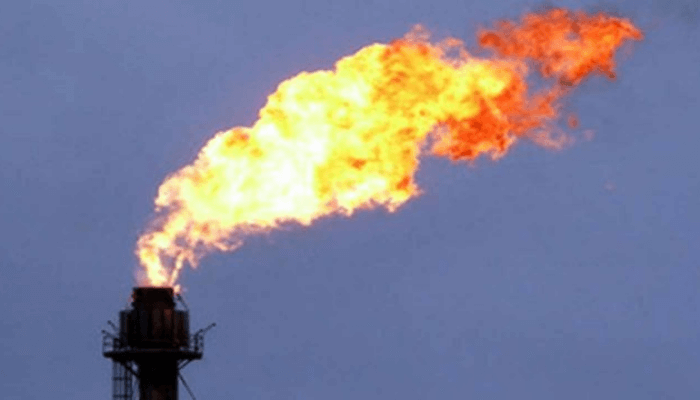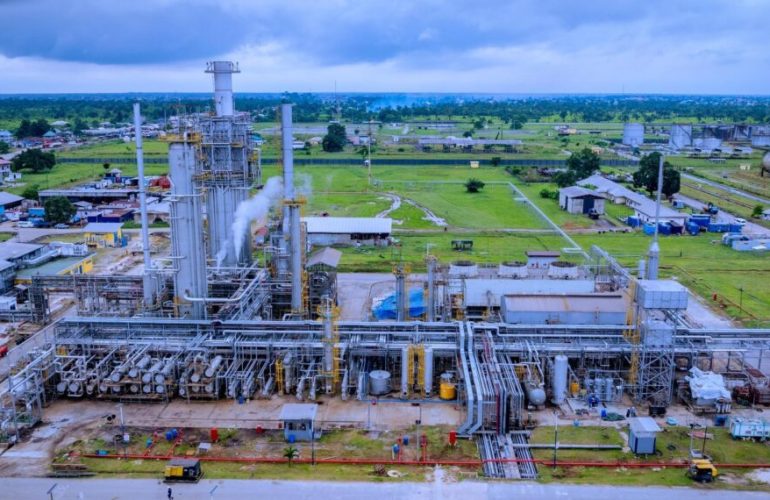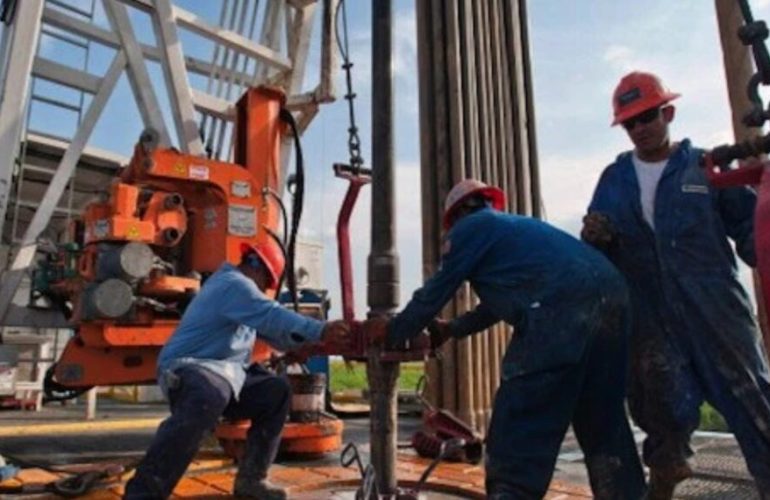Nigeria’s dwindling average oil output, including condensate, dropped Year-on-Year, YoY, by 7.4 per cent to 1.37 million barrels per day, mb/d in the first 10 months (January – October) 2022, from 1.48 mb/d in the corresponding period of 2021.
This showed a shortfall of 317,940 barrels when juxtaposed against the 1.69 mb/d which the 2023 budget was based on at $70 per barrel.
However, on Month-on-Month, MoM, the average oil output increased by 7.8 per cent to 1.23 mb/d in October 2022, from 1.14 mb/d, recorded in the preceding month of September 2022.
Oil theft, others
The Nigerian Upstream Petroleum Regulatory Commission, NUPRC, which disclosed this in its monthly Oil Production Status Reports, obtained by Vanguard, weekend, did not specify the cause of the trend.
But checks by Vanguard, yesterday, attributed it to prolonged pipeline vandalism, oil theft, and illegal refining in the Niger Delta.
It indicated that pipeline vandalism, oil theft and illegal refining would still continue next year, despite the efforts of stakeholders, especially the government and oil companies, to tackle them.
Case of Shell
In its briefing notes obtained by Vanguard, Shell, the biggest International Oil Company, IoC, in Nigeria, stated: “Shell companies in Nigeria have a track record of strong production. But in 2021, the combined production from the SPDC JV and SNEPCo (Bonga) fell to 493,000 barrels of oil equivalent per day from 614,000 in 2020.
“The SPDC JV produced 383,000 barrels of oil equivalent in 2021, compared with 497,000 barrels of oil equivalent in 2020. The fall in output was largely as a result of curtailed oil production because of heightened security issues, such as crude oil theft and illegal oil refining.
”Production numbers were also down as a result of divestment action, including the sale of SPDC’s 30% interest in OML 17 for $533 million.
“In the last quarter of 2021, crude oil theft from pipelines across the region increased ostensibly as a result of rising oil prices, which made the activity more profitable. Security risks have heightened and production in some areas has been put on hold.
”The situation is impacting operators across the Niger Delta. The Nigerian National Petroleum Corporation, NNPC, has reported that crude thefts in 2021 reached 200,000 barrels per day – a quarter of onshore production.”
Oil market
The checks also showed that although the Organisation of Petroleum Exporting Countries, OPEC, interventions would make a positive impact, the global oil market would continue to record instability in 2023 and beyond, thereby impacting negatively the economy of nations, including Nigeria.
In its October 2022 Monthly Oil Market Report, MOMR, obtained by Vanguard, OPEC painted a picture of an uncertain oil market when it stated: “For 2023, world oil demand growth is revised down to stand at about 2.3 mb/d.
“Uncertainty about the geopolitical situation remains high, and there is potential for further US shale liquid production.”
Experts
However, commenting on the development, the National President of Oil and Gas Service providers Association of Nigeria, OGSPAN, Colman Obasi, said: “The government and other stakeholders have not done enough to address the various issues currently affecting the nation’s oil production.
”A lot can still be done, including the use of modern technologies, to monitor the nation’s oil and gas assets in the Niger Delta.”
Obasi, who attributed the vices partly to massive unemployment and desperation on the part of the youth to make a living, said: “If concerted efforts were made to industrialise Niger Delta, there would probably be no crude oil theft and devastation of the region. Oil theft has been with us for decades and seems to be gaining momentum.”
Similarly, Executive Director, Emmanuel Egbogah Foundation, Prof. Wunmi Iledare, said: “It seems the price of crude is demand determined. The likelihood to attain and sustain that output in 2023 is less likely. At best, that output may even be the potential because of insecurity, divestment, and onshore basin maturity.”





